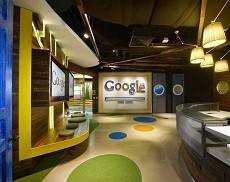March 4, 2015
Majority of UK workers happy with work life balance, claims report
 A new report from private bank Investec claims that three quarters of the UK’s professionals working in fields such as law, finance and healthcare are happy with the current balance between their work and personal life. The survey of 2,000 people suggests that just a quarter (25 percent) claim to be unhappy with their work life balance and a third (32 percent) say that their friends and family would describe them as ‘workaholics’. However, a third (33 percent) are also confident of an improvement in their work life balance over the next five years even though the same proportion also claim that the past five years have seen it decline since 2010. Workers in London are most optimistic despite the fact they are most likely to see themselves as workaholics with nearly half (45 percent) feeling optimistic about the future state of their working and personal lives.
A new report from private bank Investec claims that three quarters of the UK’s professionals working in fields such as law, finance and healthcare are happy with the current balance between their work and personal life. The survey of 2,000 people suggests that just a quarter (25 percent) claim to be unhappy with their work life balance and a third (32 percent) say that their friends and family would describe them as ‘workaholics’. However, a third (33 percent) are also confident of an improvement in their work life balance over the next five years even though the same proportion also claim that the past five years have seen it decline since 2010. Workers in London are most optimistic despite the fact they are most likely to see themselves as workaholics with nearly half (45 percent) feeling optimistic about the future state of their working and personal lives.

























March 5, 2015
The financial services sector leads the way in how we think about office design
by Charles Marks • Comment, Facilities management, Workplace design
(more…)